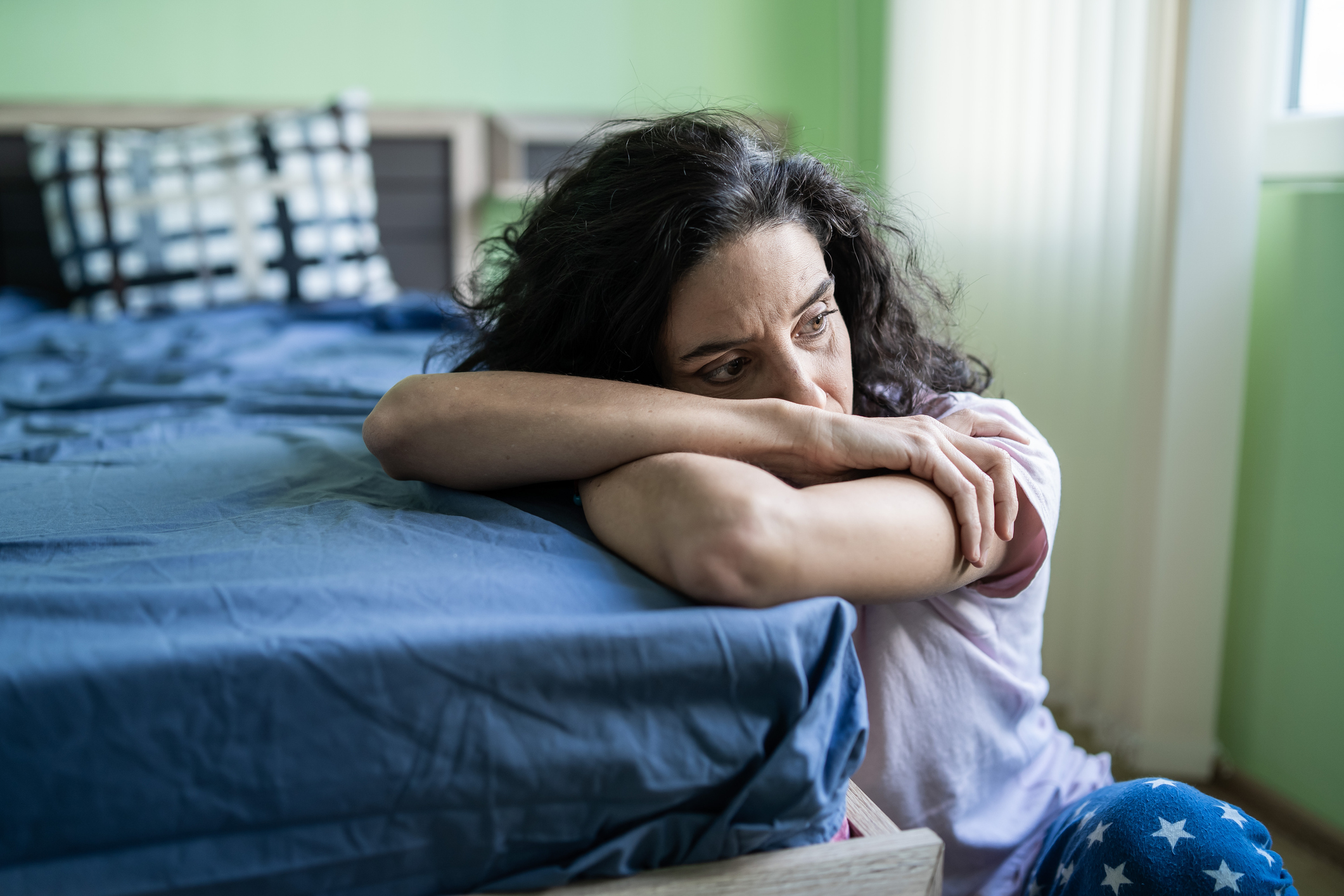
Insomnia is a sleep disorder characterized by difficulty falling asleep, staying asleep, or experiencing poor sleep quality. While there’s no guaranteed way to prevent insomnia completely, there are several strategies you can adopt to improve your sleep hygiene and reduce the likelihood of developing insomnia. Here are some tips:
- Maintain a consistent sleep schedule: Try to go to bed and wake up at the same time every day, even on weekends. This helps regulate your body’s internal clock and promotes better sleep.
- Create a sleep-friendly environment: Make sure your bedroom is dark, quiet, cool, and comfortable. Use curtains or blinds to block out any external light, use earplugs or a white noise machine to drown out noise, and use a comfortable mattress and pillows.
- Establish a relaxing bedtime routine: Engage in relaxing activities before bed, such as reading a book, taking a warm bath, or practicing relaxation techniques like deep breathing or meditation. Avoid stimulating activities or electronics (e.g., TV, smartphones, and computers) close to bedtime.
- Limit daytime napping: If you have trouble sleeping at night, try to avoid or limit daytime napping. If you must nap, keep it short (around 20-30 minutes) and avoid napping too close to bedtime.
- Watch your caffeine and alcohol intake: Avoid or limit the consumption of caffeinated beverages (coffee, tea, soda) and alcohol, especially close to bedtime. Both can disrupt sleep patterns and make it harder to fall asleep or stay asleep.
- Exercise regularly: Engaging in regular physical activity during the day can help promote better sleep. However, avoid exercising too close to bedtime, as it can increase alertness and make it harder to fall asleep.
- Manage stress: Find healthy ways to manage stress and relax before bed. This may include practicing relaxation techniques, such as deep breathing, meditation, or gentle stretching. If you find yourself overwhelmed by stress, consider seeking professional help from a therapist or counselor.
- Avoid large meals and excessive fluids before bedtime: Eating a heavy meal or consuming excessive fluids before bed can lead to discomfort, indigestion, and the need to urinate frequently during the night, disrupting your sleep.
- Limit exposure to bright lights before bed: Exposure to bright lights, particularly from electronic devices like smartphones, tablets, or computers, can interfere with the body’s production of melatonin, a hormone that promotes sleep. Try to dim the lights in your home and avoid electronic screens for at least an hour before bed.
- Consult a healthcare professional if necessary: If you consistently have trouble sleeping despite adopting healthy sleep habits, consider seeking help from a healthcare professional. They can assess your situation, identify any underlying causes, and provide appropriate treatment options or recommendations.
Remember, everyone’s sleep needs and patterns are different, so it’s essential to find what works best for you. By incorporating these strategies into your lifestyle and making sleep a priority, you can improve your chances of preventing insomnia and promoting restful, rejuvenating sleep.
See More on Video

The Insomnia Program By Christian Goodman you can have restrained cognitive and mental functions as well as severe fatigue, nausea, hallucinations, changes in the mood, and distresses gastro-intestines by having poor sleep just at one night.